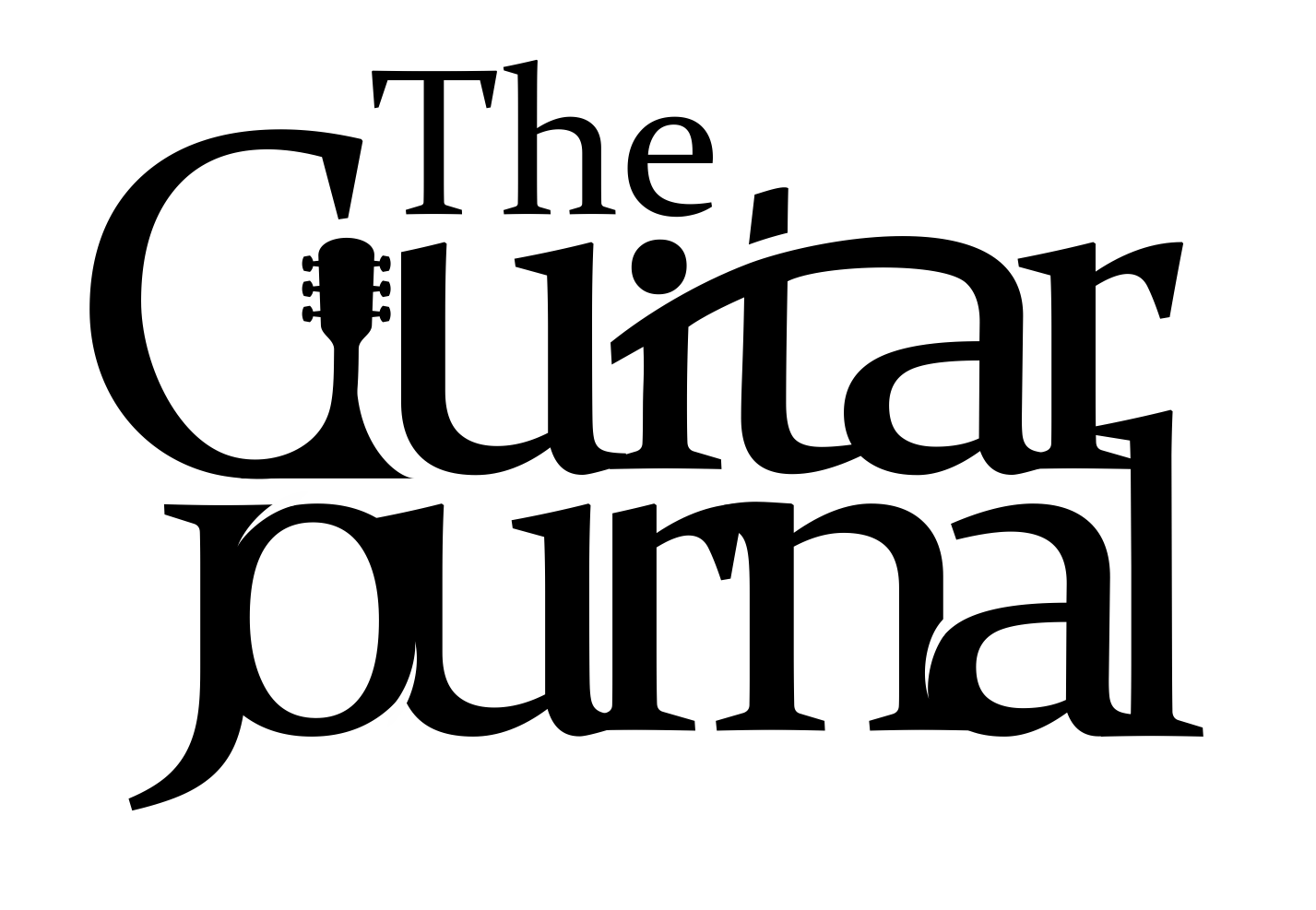Writing Guitar Tabs? Seven Serious Software Options
Writing guitar tabs? There are a lot of tools that can help you do this - some are better than others. Here is a quick overview of several, popular software tools for writing guitar tabs.
Keep in mind, there are a few basic goals you should identify before choosing one:
- Are you only working from guitar, or do you want a more comprehensive tool? If you’re a guitarist working mostly from that instrument, check out the first batch of options. If you’re multi-instrumentalist, pianist, composer who is looking to write some parts for a guitarist BUT also do a lot of other stuff, you’ll probably be more interested in the second batch of options.
- Are you looking to write professional level scores, or just jot down some riffs? For professional scores, you’ll need a robust software tool and probably need to pay a few more dollars. These are serious options designed for both guitarists and general musicians. But if you just want to jot down quick riffs, you might look at the Tabd software app.
Guitarist-Oriented Software
These software tools are designed with the guitarist in mind first. That means they do standard musical notation and other things, but are primarily set up for writing guitar tabs, composing, and generally working within a guitarists mindset.
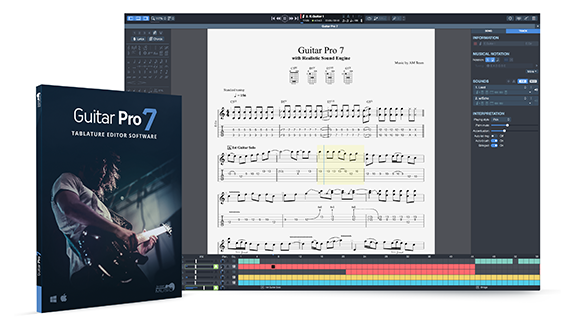
Guitar Pro 7
Guitar Pro 7 is a professional tab and notation system with loads of features for guitarists who want to literally write music. Truly a “best in class” piece of software specifically for guitarists.
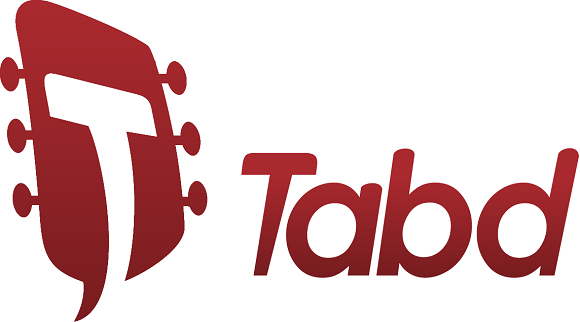
Tabd
Tabd is an iOS (and soon Android) app aimed at another type of guitar player: the guitarist who wants to do light tab notation, and that’s it. For jotting down riffs, sending them to friends, keeping a library of tab on your phone, it can’t be beat.
Note: there’s no desktop version of this.
Learn More >>
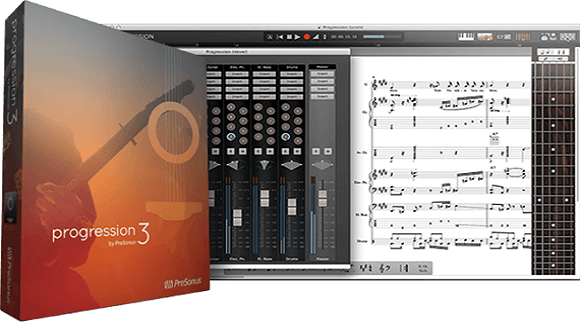
Progression
Progression is another powerful software for guitarists, guitarists, and drummers to notate music. One advantage of Progression is the interface for entering music through a visual fretboard, keyboard, and drum pad. Another is the real music sampling done by folks like Victor Wooten, so you can play back your tab in style.
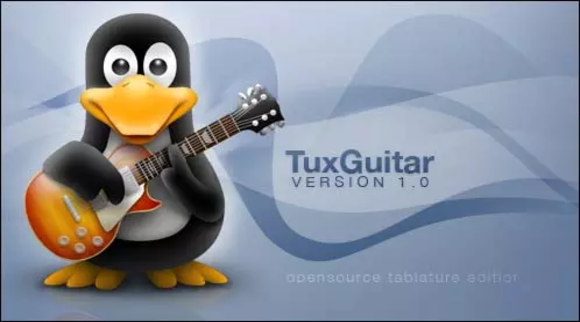
TuxGuitar
Check out TuxGuitar if you’re looking for free and open source solution. It provides the ability to write scores with tab or standard notation.
Fair warning: at the time of this writing, last release was January 2016.
General Scoring Software with Tab functionality
These software tools are designed for the general musician to create standard musical notation. This often means that they are designed for a piano-based workflow. Guitar tab options are present, but often incorporated as a second, derivative option.
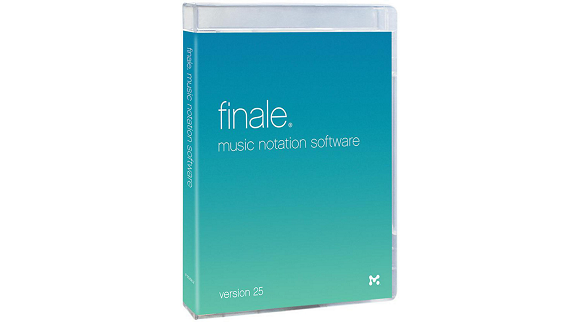
Finale
The gold standard of music notation software. Finale has long been the ‘go to’ solution for notating music in any genre and for any instrument. It's a powerful software that takes some time to learn, sort of like Photoshop. But once you do, you can create anything you want.
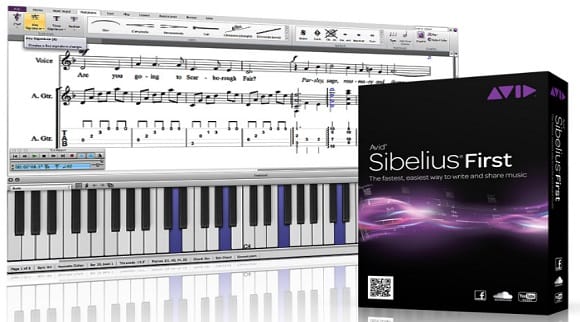
Sibelius
Sibelius is the other ‘go to’ solution for music notation software. Like Coke and Pepsi, Ford and Chevy, Macs and PCs - there are just different groups of people who are strongly committed to either brand. In the end, you get the same high horsepower from Sibelius in terms of notation, scoring, and features.
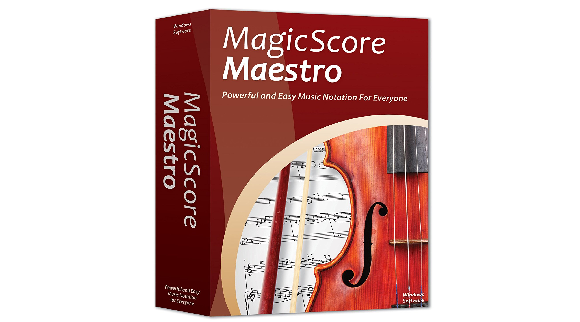
MagicScore Maestro
MagicScore Maestro aims to be a full service music notation software, but at a lower price. If you want to work with traditional scoring and music notation but are budget-constrained, this may be something to check out.
